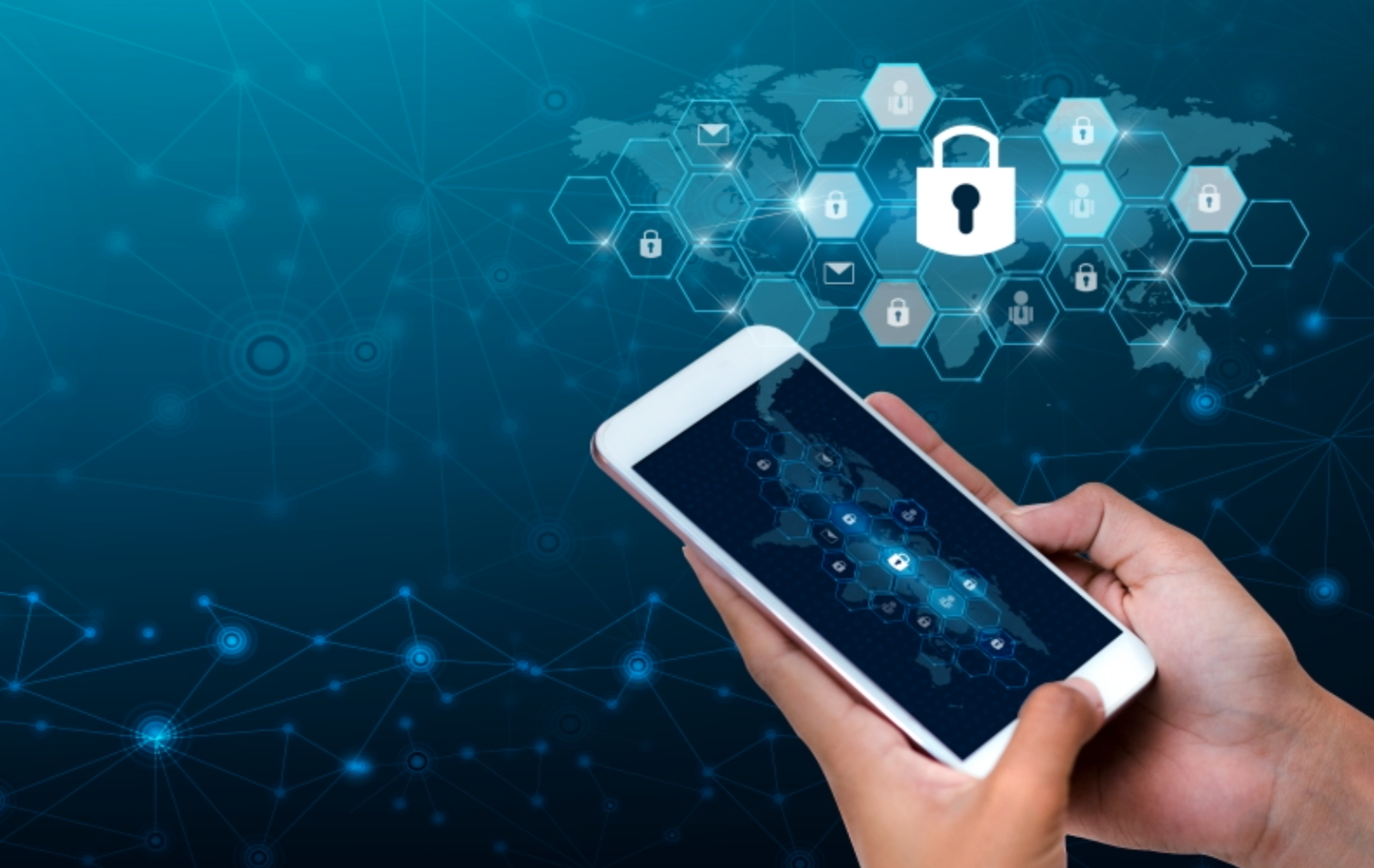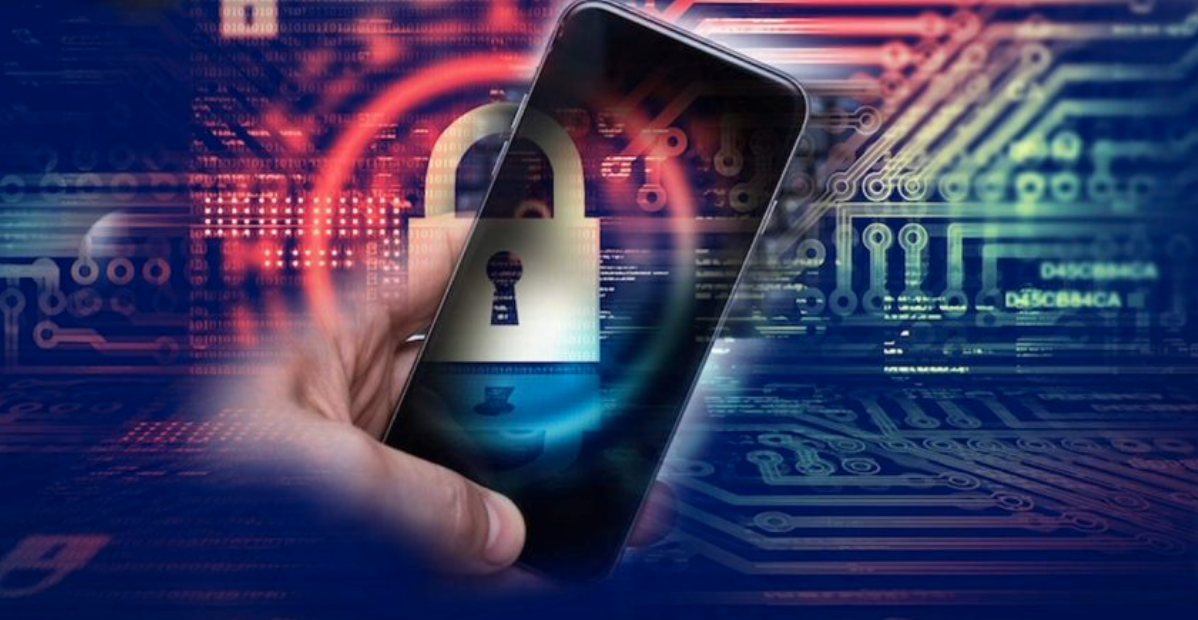Smartphone Security Best Practices: Tips for Lawyers on the Move

In the past decade, law firms have undergone a significant transformation from a primarily paper-based approach to embracing digital practices. This shift has been further expedited due to the rise of remote work necessitated by the COVID-19 pandemic. With the transition to digital file management, the risks of data breaches, damage to reputation, and potential for litigation have significantly increased due to cyberattacks.
The battleground has expanded globally, and cybercriminals have become more adept at avoiding detection, apprehension, and prosecution, particularly when residing in foreign jurisdictions. The rewards for successful attacks have also reached unprecedented levels. Cybercriminals are keenly aware that law firms house a treasure trove of sensitive solicitor-client privileged communications, financial data, and personal identification information. Here we have prepared tips for lawyers that will help them maintain the anonymity of client data and their reputation.
Security Best Practices For Lawyers
#1 Cybersecurity culture
The firm can reduce its cybersecurity risks to an acceptable level by strengthening its cybersecurity culture. The first step to enhancing the overall cybersecurity culture is exemplified leadership from the top. Partners or business owners should set a good example of cybersecurity practices within the firm. This approach enables the firm to enhance its protection over time while fostering a strong cybersecurity awareness and corresponding behavior among staff.
Lawyers should prioritize cybersecurity awareness as they do with continuing professional development. Just like maintaining legal skills, cybersecurity should receive equal attention. It is important to involve support staff and individuals with entry points into the firm to ensure that cybersecurity is not solely seen as an IT issue within the business.
#2 Use two-factor authentication
Hackers can breach even the strongest passwords. That’s why it’s advisable to add an extra layer of security to all your accounts by enabling two-factor authentication.
Two-factor authentication necessitates inputting a temporary code, which is sent to your mobile device via text message or the Google Authenticator app. These temporary codes constantly refresh. Unauthorized access attempts without your mobile phone will be futile, even if the attacker successfully guesses your password.
#3 Clean your device regularly
One of the key smartphone security tips for lawyers is to get rid of irrelevant and old data. Phone cleaners can help you with this. CleanUp cleaner can find and automatically remove duplicate files and similar files. If the phone cleaning app downloads, you can reduce the amount of data on your device and even speed it up. If you don’t have enough space on your device, the phone app is the fastest solution to the problem.
#4 Encrypt your devices
Some newer phones are already encrypted by default, so it’s worth checking with your phone manufacturer to confirm if yours is. If not, encrypting your mobile device is relatively straightforward.
First, ensure that you set a lock-screen password (refer to the notes on strong passwords above). This serves as your primary defense – without the password, unauthorized access to your device is prevented if it falls into the wrong hands.
#5 Have a BYOD policy
If your partners, associates, or staff use personal mobile devices for work and accessing firm data, you must have a Bring Your Own Device (BYOD) policy. This policy will govern how this arrangement works and outline the steps to take in case of a data security breach.
Your policy should, at a minimum, include the following requirements:
- All lawyers and staff must utilize firm-specified services when working with client data. With over 2 million apps available, some can enhance your work efficiency. However, not all apps are secure for handling client data. Therefore, make thoughtful choices and ensure that everyone in your firm respects them.
- All devices must have the remote wipe option enabled. In the event of a stolen phone belonging to your paralegal, it is crucial to be able to remotely delete all data from the device to safeguard sensitive client information.
- All devices must be encrypted. Once again, this is extremely important. Encrypt the data on every device used to handle client data.
#6 Back up firm data
Always back up your firm data to an encrypted location to ensure your data’s safety. This practice allows you to access most of your data in case of a ransomware attack. Ransomware infects your computer, encrypting all its data. Then, a hacker demands payment for decryption. Whether they unencrypt the data after payment or not remains uncertain.
Backing up your firm’s data not only improves its security but also provides a backup solution in case both your phone and laptop fail simultaneously. Weekly backups are recommended, preferably automated.
#7 Assess your cybersecurity

To evaluate an organization’s cybersecurity effectiveness against threats or assess the overall achievement of its stated goals, a metric is utilized. The effectiveness of an organization’s cybersecurity culture can be gauged by engaging in conversations with staff members regarding cybersecurity concerns and probing their responses on how they would react. This evaluation can occur during official training sessions or informal settings. This straightforward approach can also be employed to test individual employees’ overall awareness of the significance of cybersecurity in the organization.
Analyzing firewall and antivirus data furnishes an organization with insights into the efficacy of its technological defenses. By comparing this data with website traffic, it is possible to determine whether unusual or malicious activity is being effectively blocked by the network. Additionally, running vulnerability scanners aids in assessing the overall effectiveness of an organization’s technology.
Conclusion
Cybersecurity breaches are a nightmare for lawyers and law firms. They threaten not only reputation, but also serious financial consequences. Considering that it is easier to protect mobile devices than to clean up the consequences, then it is quite logical to do this.






